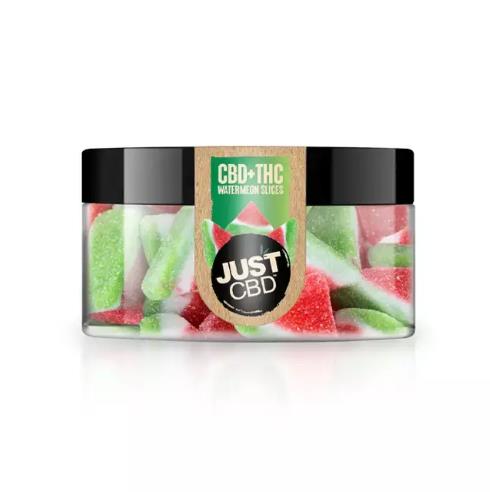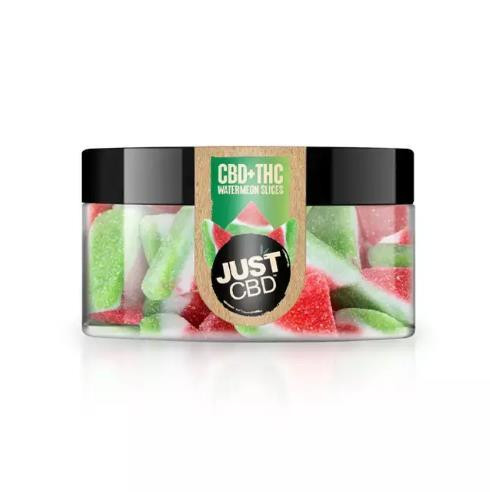Hemp, also known as industrial hemp, is a versatile and sustainable crop that has been used for thousands of years for a variety of purposes. It is a type of Cannabis sativa plant that contains very low levels of tetrahydrocannabinol (THC), the psychoactive compound that produces the "high" associated with marijuana. Instead, hemp is primarily used for its fibers, seeds, and oils, which have a wide range of applications in industries such as textiles, food, cosmetics, and construction.
One of the most notable characteristics of hemp is its ability to grow rapidly and in a variety of climates and soils. It requires little water and no pesticides or herbicides, making it a more sustainable alternative to many other crops. Hemp is also a phytoremediator, which means it can be used to clean up contaminated soil and water by absorbing toxins and heavy metals.
Hemp fibers are one of the most valuable parts of the plant, and have been used for centuries to make textiles, paper, and rope. Hemp fibers are stronger and more durable than cotton, and can be used to make a variety of products including clothing, bedding, and towels. Hemp paper is also more environmentally friendly than traditional paper made from wood pulp, as it requires less energy and fewer chemicals to produce.
Hemp seeds are another valuable part of the plant, and are a rich source of protein, fiber, and essential fatty acids. Hemp seeds can be eaten raw or roasted, and can be used to make a variety of foods such as hemp milk, protein bars, and granola. Hemp oil is also used in cooking and as a supplement, as it contains a variety of beneficial compounds such as omega-3 and omega-6 fatty acids.
In addition to its industrial and nutritional uses, hemp is also being explored for its potential medical benefits. Some studies have suggested that hemp-derived CBD oil may help reduce inflammation and anxiety, and may have neuroprotective properties. However, more research is needed to fully understand the therapeutic potential of hemp and its derivatives.
Despite its many benefits, hemp has faced legal and social challenges in many parts of the world due to its association with marijuana. However, in recent years there has been a growing movement to legalize and regulate hemp cultivation and use, as more people recognize its potential as a sustainable and versatile crop.
In conclusion, hemp is a versatile and sustainable crop with a wide range of industrial, nutritional, and potentially therapeutic uses. Its ability to grow quickly and without the need for pesticides or herbicides makes it a more environmentally friendly alternative to many other crops, and its fibers, seeds, and oils can be used to make a variety of products. As the world looks for more sustainable and eco-friendly alternatives to traditional materials and crops, hemp is likely to play an increasingly important role in the economy and society.
For More Info:-






Comments